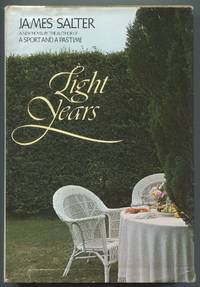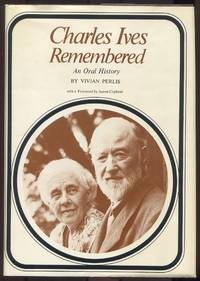Unbound
by KEROUAC, Jack
Unbound. Near Fine. An early Autograph Letter Signed from Kerouac to his then-girlfriend, Norma Blickfelt, written when he was 20 years old and serving on board a Merchant Marine ship during World War II, reflecting on his life and foreshadowing much of what he would later become famous for. Two lined sheets written in pencil on both sides, totaling four pages, and later annotated by Kerouac on the first sheet in red ink: "Love letter written at sea." Overall very good or better with light creasing from being mailed, staple holes at the corner of both sheets, and each with the same uneven margin from being torn from a notebook.
Kerouac joined (truncated)
Kerouac joined (truncated)









